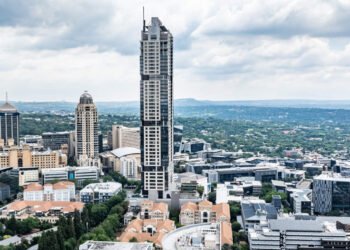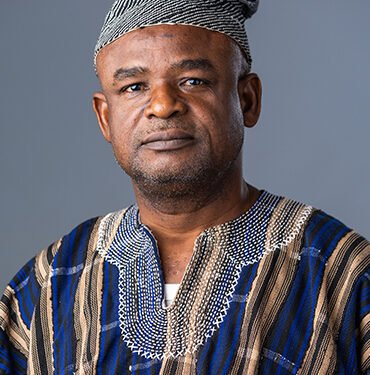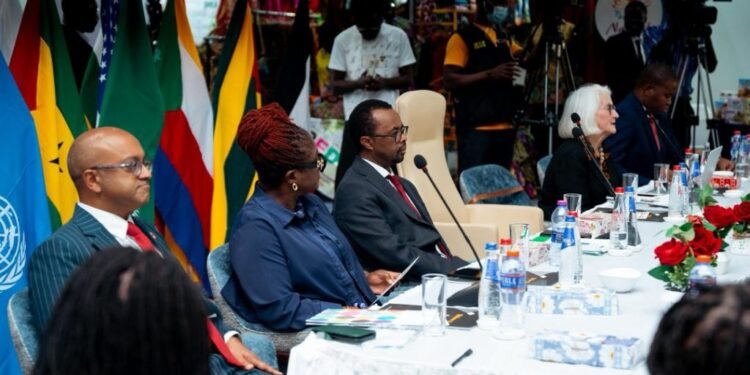Three candidates vying for the position of African Union Commission (AUC) Chair presented their visions for the continent during a debate broadcast from the AU headquarters in Addis Ababa, Ethiopia.
Raila Odinga of Kenya, Mahmoud Ali Youssouf of Djibouti, and Richard Randriamandrato of Madagascar engaged in the first-ever election debate for the prestigious role, addressing issues critical to Africa’s progress: security, economic integration, and AU reforms.
Kenyan opposition leader and former Prime Minister Raila Odinga outlined an ambitious plan to secure two permanent seats for Africa on the United Nations Security Council (UNSC), complete with veto powers.
“If the heads of state see it fit that I should head [the AUC], I will work with all the leadership of the continent to ensure that we get a fair treatment on the international scene,” he declared during the AU’s Mjadala Afrika Debate.
Odinga emphasized that Africa’s exclusion from the UNSC was rooted in the historical timing of its formation when much of the continent was under colonial rule. He called it unacceptable that a continent with 1.4 billion people remains unrepresented while Europe holds three permanent seats.
He also pledged to prioritize education, healthcare, infrastructure development, and intra-Africa trade, asserting that Africa must end its dependence on foreign funding for peace initiatives.
“What remains is action, and what I want to promise the African people is that I will lead from the front to ensure we achieve the visions of the founding fathers of our continent.”
Raila Odinga
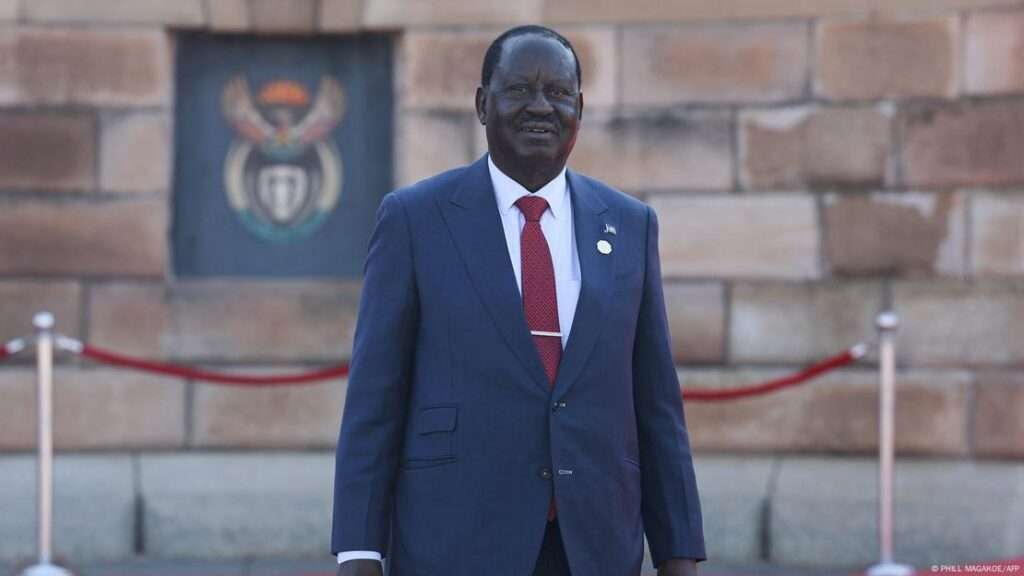
Mahmoud Ali Youssouf, Djibouti’s long-serving foreign minister, focused on security, criticizing Africa’s reliance on foreign partners for resolving conflicts.
“We have to be outspoken and frank. We make decisions at the [AU] Peace and Security Council level, but these resolutions are not implemented,” Youssouf argued. He pointed to a lack of political will as the primary hurdle, emphasizing that Africa’s Peace and Security Council must adopt a proactive rather than reactive approach.
Youssouf also noted the under-utilization of Africa’s standby forces, which lack resources and often depend on external support. He cited the UN’s financial backing of the AU Mission in Somalia since 2007 as an example of the continent’s dependence on foreign aid.
Beyond security, Youssouf pledged to foster unity by bridging linguistic and cultural divides, aiming for a stronger, more cohesive Africa.
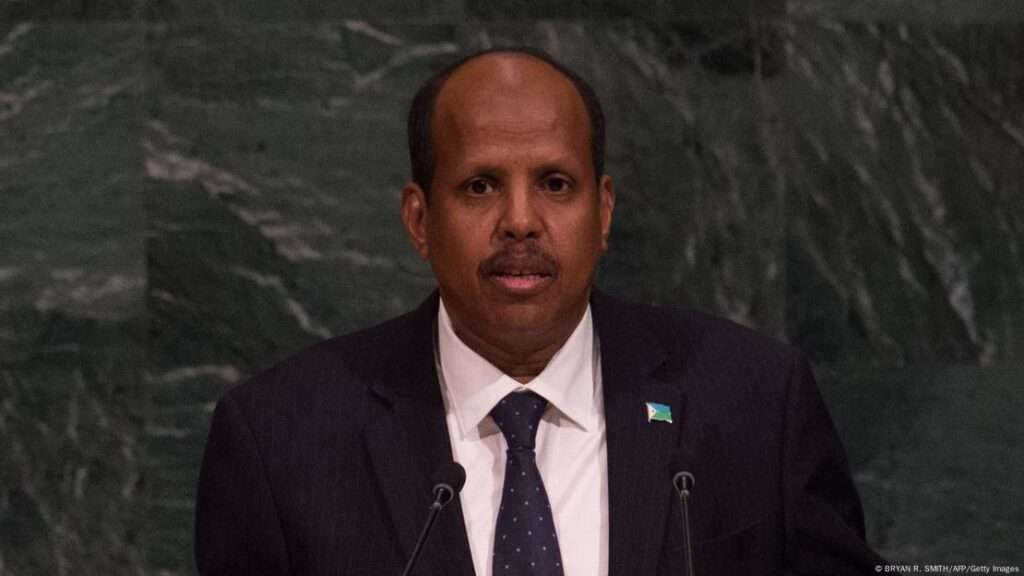
Madagascar’s former foreign minister Richard Randriamandrato focused on economic integration, highlighting Africa’s low intra-continental trade rate of just 12.6%, far behind regions like the European Union.
“I’m an economist and a finance person. First of all, to develop the economy at the continental level, we need to develop trade through liberalization.”
Richard Randriamandrato
However, Randriamandrato advocated for a gradual approach to ensure inclusivity, particularly for women and youth.
He also called for empowering regional economic blocs and reducing foreign influence in Africa’s security and trade policies. “Slowly by slowly, we shall, at the end, see the youth and women have opportunities to participate in the large continental market,” he added.
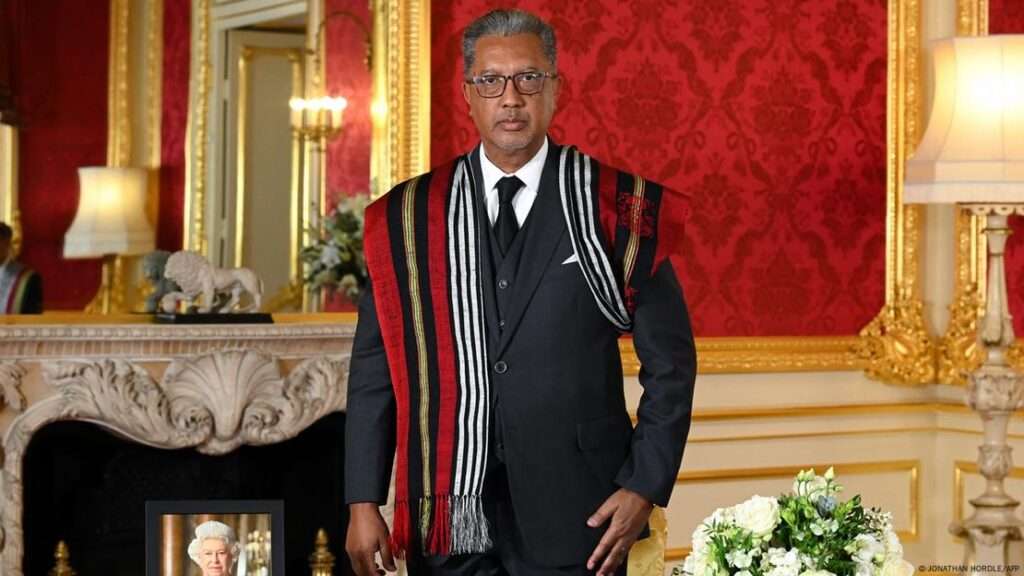
The Road to Election
The AUC election process requires a two-thirds majority from the AU’s 55 member states, making regional alliances and strategic negotiations crucial.
Analysts view Youssouf and Odinga as the leading contenders in the race, with Youssouf drawing particular praise for his persuasive arguments and command of Africa’s three official languages.
“He [Youssouf] came out very strong, came out very persuasive,” observed diplomacy expert Edgar Githua. “And don’t forget his command and mastery of three foreign languages — that was also very impressive.”
Cultural and religious dynamics may also favor Youssouf, Githua added, suggesting the Djibouti candidate holds an edge.
While the debate showcased three distinct visions for Africa’s future, it also highlighted a glaring omission: the absence of a female candidate.
Konjit SineGiorgis, chairperson of the AU Panel of Eminent Africans, expressed regret over this missed opportunity.
“I regret that our continent could not also have a female candidate and place the AU Commission on the right side of history. This is a serious homework we have to take into consideration.”
Konjit SineGiorgis
As such, the AUC Chair election presents an opportunity to shape the continent’s trajectory on security, economic integration, and representation on the global stage. The outcome of this pivotal race will reflect the priorities of African nations as they strive to address long-standing challenges and seize emerging opportunities.
READ ALSO: Mahama Sets Up Preparatory Anti-Corruption Team Ahead of Inauguration





